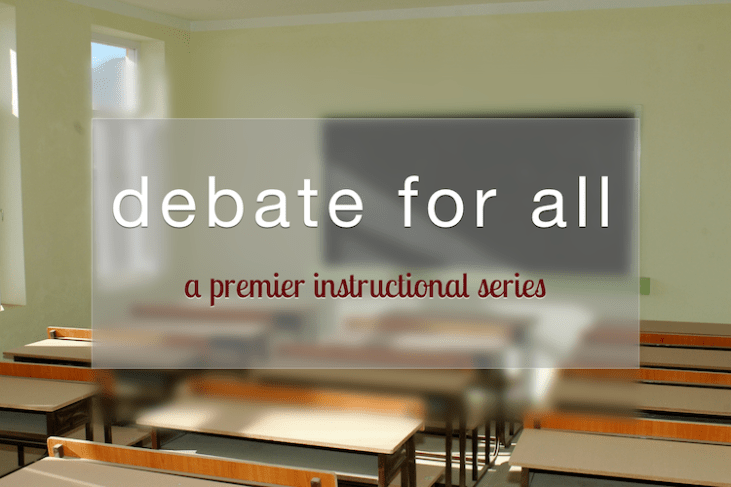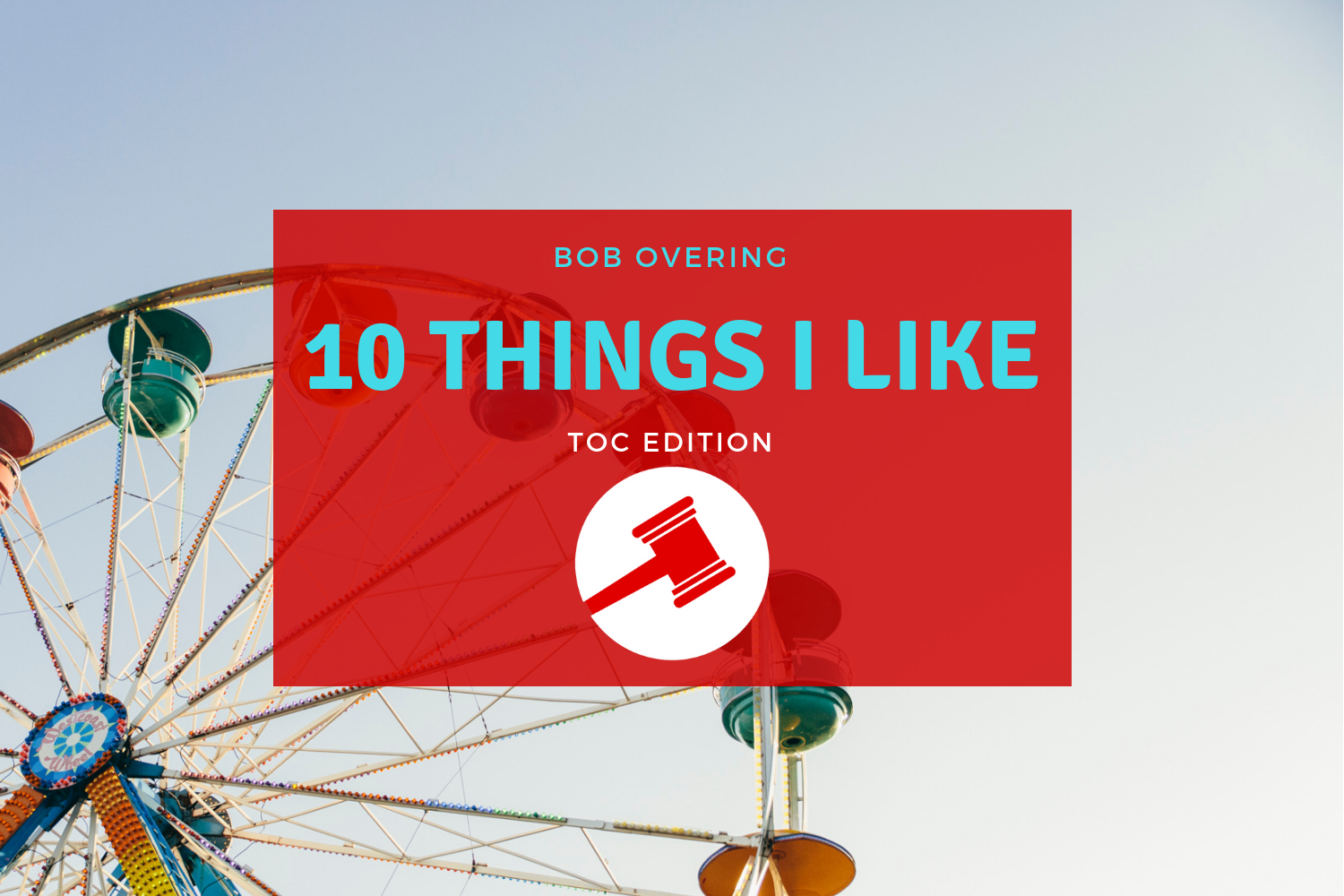Debate for All: Word Economy (Tess Welch)

Introduction
Word economy means “conveying the greatest amount of information using the fewest number of words.”1 Since debate speeches are limited by time, knowing how to make an argument with fewer words is an essential skill!
Here are some tips and tricks to help improve your word economy:
1 – Take a breath. Sometimes debaters get caught up and forget an argument or can’t phrase it properly. Instead of stuttering or repeating yourself, take a breath or pause to gather your thoughts and say exactly what you want to say. Silence is better than stuttering or inserting useless filler words; you’ll sound better and give yourself a second to catch up.
2 – For each position (NC, AC, theory, etc.), prepare some notes for the first few sentences on that flow. This will help you get in the groove when you move to a new part of the debate. You may need to write more or less depending on how comfortable you are making arguments extemporaneously on that position. If you aren’t as practiced on a particular disad, for example, write out the first sentence or at least some sentence fragments for each part of that debate, e.g. writing “uniqueness overwhelms the link” might be necessary to get you going. The more familiar you are with that debate, the less you’ll have to write, e.g. just “UQ > L,” or nothing at all if you’ve mastered it.
3 – Abbreviate and replace! Here are some abbreviations and short substitutes you can use for common debate terms:
Affirmative = aff
Alternative = alt
Argument = arg
Because = since / as
Counterplan = CP
Deontology = deon / deont / Kant
Disadvantage = disad / DA
Education = ed
Evidence = card
Indicates = says
Interpretation = interp
Justification = warrant / proof
Kritik / Critique = K
Negative = neg
Prepare / preparation = prep
Resolution = rez / res
Reverse Voting Issue = RVI
Role of the Ballot = ROB
Statement = claim
Specification = spec
Specified = spec’d
Topicality = T
Utilitarianism = util
There are many more, so take these and start your own list!
4 – Go with it. At high speeds, when debaters mess up the pronunciation of a word and correct it, it takes time because they often don’t realize it until a few words later. Then they re-say the entire sentence or phrase, wasting a ton of time. If you mess up one word, it’s okay, the judge will get it. For example, sometimes when I spread “imperialism” it sounds a lot like “im-peel-ialism,” but because it’s clear what I mean from context, I don’t go back and fix it. Now, this does not mean you should not be clear, but when one word is unclear, it might be better to leave it than fix it and waste valuable speech time backtracking and stuttering. Make an active effort to say it better next time. Or, if you don’t have to say that word again in the round, then it’s probably not worth correcting in the first place.
5 – Sometimes simple is best. Debaters like to repeat fancy rhetoric they hear other debaters use. This is especially true for younger debaters who are learning some of the more complicated jargon. Don’t waste prep time trying to remember the terms, and if you can’t think of it during the speech, use simple explanations instead. You’re better off communicating what you mean to the judge than misusing a fancy phrase or stumbling over your words.
Drills to Improve Word Economy
Now to put those tips into action! Here are some of my favorite drills to do!
Drill A) Record speeches, replay them and then type what you say. This helps everyone but especially visual learners! Seeing the rhetoric you use and how many words it takes you to make arguments helps you learn what tendencies you use. Try to improve on the speech you typed up, making the same arguments in less time. Then record, transcribe, and see how you did!
Drill B) Type up arguments as you would say them aloud and try to halve the total words or syllables. This is really easy to do with theory, which is generally just analytics. Write up a shell, get the total word count, and see how much you can reduce it, replacing words and phrases with shorter ones, or cutting them altogether.
Drill C) Do rebuttal redoes and every time you are un-economical with your word choice or stutter, start the speech over from the top. I’ve heard this drill referred to as the “stop and go” drill. This drill will be frustrating and I encourage you to keep yourself accountable and honest. When doing this drill by myself, I often want to ignore the small mistakes I make and continue on with the speech because I don’t want to have to start over again. But practice makes perfect, and this drill can help you make a speech literally perfect!
Drill D) This is a drill best done with another person or lots of people. As you give a speech, every time you mess up with word economy, have your teammates throw something light at you like a paper ball or squirt a toy water gun at you. Having someone else in the room to catch your mistakes and give immediate feedback will condition you toward better word economy. And it’s fun too!
End Notes
1 https://www.quora.com/How-would-you-define-the-word-economy



